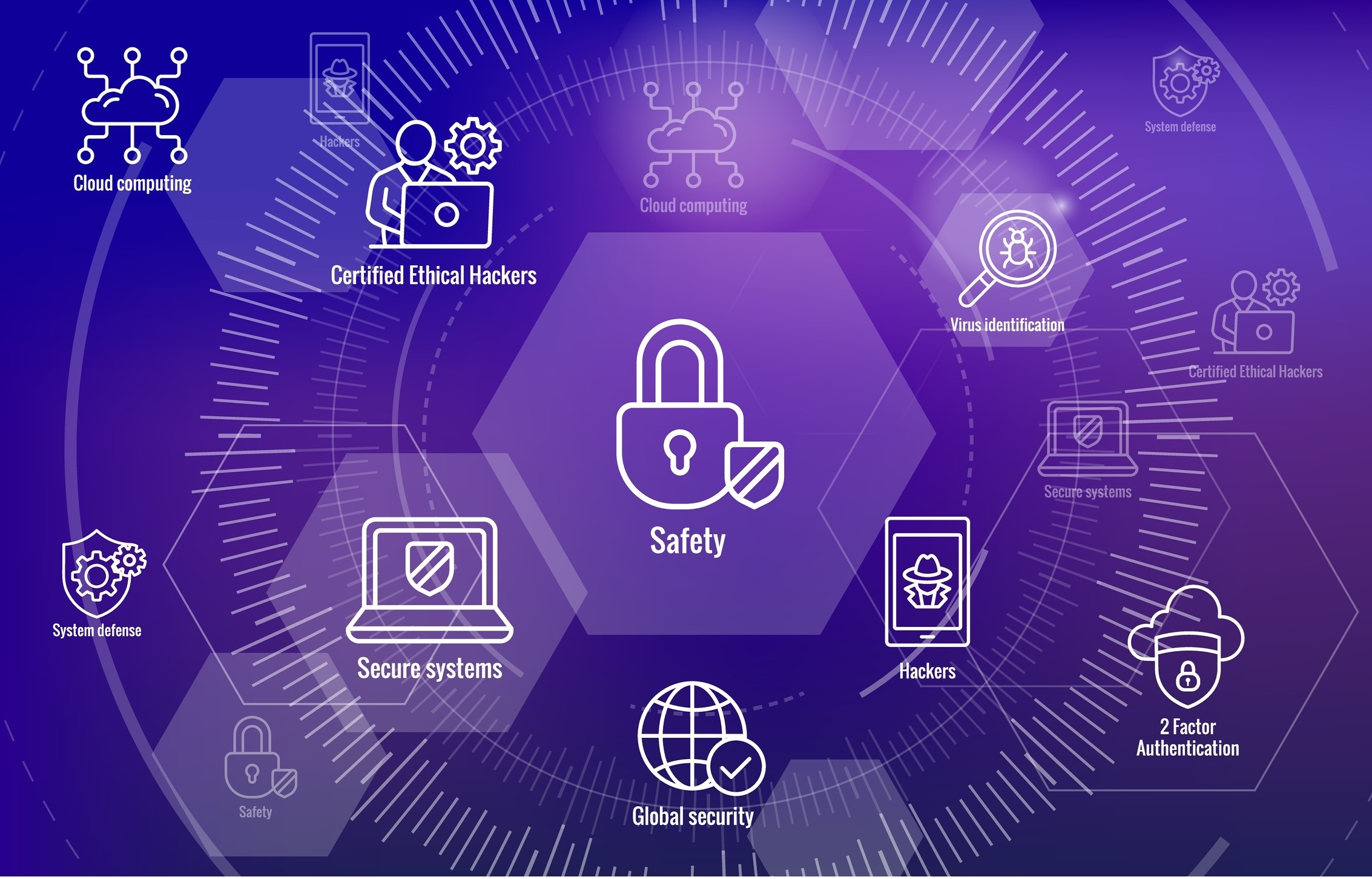
What is a Hacker?
A hacker is an individual that finds and exploits weaknesses in computer systems to carry out actions that require secure or special access. This term can have different meanings depending on the context, with "ethical hackers" existing to improve network security and stop "malicious hackers," who use their skills to perform illegal activities. Hackers can target anyone who uses a computer, IoT device, network, etc. This includes individuals, businesses, and even government agencies.
How can I prevent myself from getting hacked?
As mentioned in 'Americans and Cybersecurity' published by Pew Research Center, "A majority of Americans (64%) have personally experienced a major data breach, and relatively large shares of the public lack trust in key institutions – especially the federal government and social media sites – to protect their personal information."
However, there are a multitude of ways that you yourself can ensure digital security against hackers attempting to get ahold of sensitive data:
- Use strong, complex passwords unique to a single account. Consider using a password manager to generate and store your passwords.
- Use a two-factor authentication method to add an extra layer of security when logging in to accounts.
- Regularly backup your data to a secure storage location. In the case of data theft, you will be able to restore files from these backups.
- Use anti-virus and anti-malware software that regularly scan your device for signs of malicious activity.
- Be mindful of all networks that you connect devices to. Avoid using public networks for sensitive activities like online banking, and enable encryption on your home Wi-Fi router (WPA3 being the newest).

Enterprise 2FA and password manager. One key for all your passwords. Experience fully automated login and security. For example, faster MFA, auto-OTP, password manager, and worry-free workflow with proximity-based privileged access management for Windows 11, 10, 8, 7, VPNs, websites, and desktop applications including MES, EHR, CAD, and more. Overall, a massive upgrade to security and efficiency.
or call 240-547-5446

